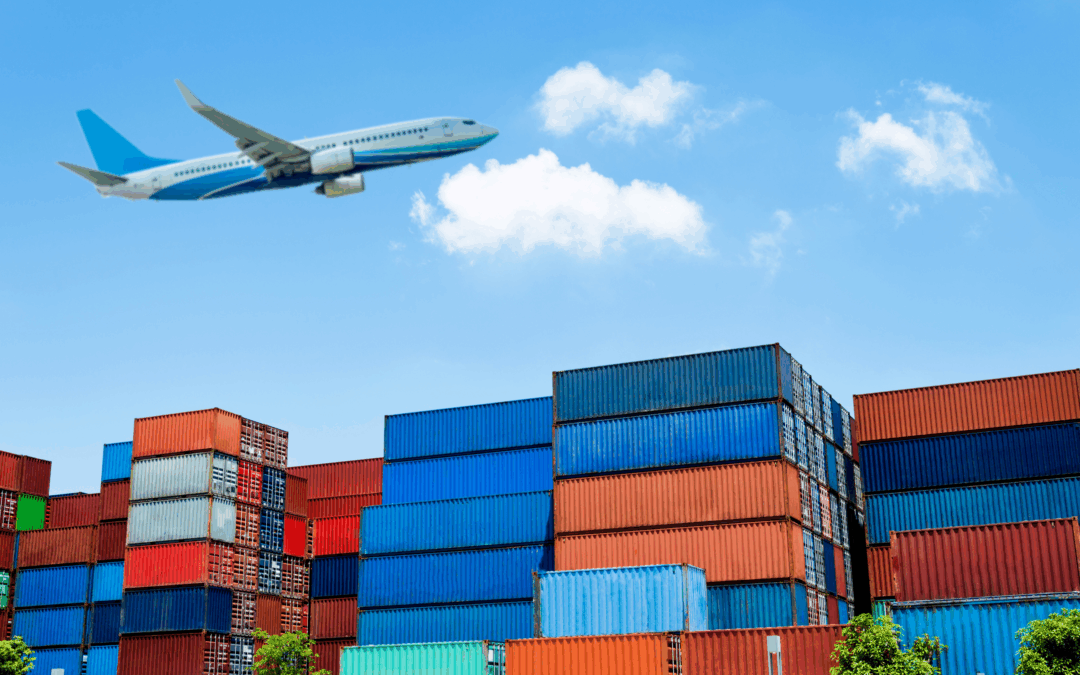Acting as a liaison between Customs and customers, Licensed Customs Brokers are essential to importers. Licensed Customs Brokers work with their clients to help ensure compliance with U.S. import and export regulations and requirements.
Becoming a licensed customs broker is very challenging. Until very recently, the pass rate was very low, averaging around 15% to 20%. In April 2025, the pass rate was 30%, increasing from the 24% pass rate for October 2024. The exam is based on several resources. The most important resource is 19 CFR (Code of Federal Regulations), which provides customs regulatory guidance for U.S. imports. Licensed Customs Brokers must also study other regulatory resources, such as the Harmonized Tariff Schedule (see below), customs decisions/directives, and ACE business rules. The exam includes a wide range of questions that test your compliance knowledge and ability to interpret such rules and regulations.
Corporations providing customs brokerage services must have a broker’s license and have at least one individually licensed officer, partner, or associate to qualify for the company’s license. Corporations must adhere to the duties and responsibilities as outlined in the CFR. Broker regulations also outline the grounds and procedures for disciplining brokers, including the assessment of monetary penalties, the revocation or suspension of licenses and permits, and the obligation for individual brokers to satisfy a continuing education requirement.
Therefore, after passing the exam and being approved for a license, the work is not over; there are required continuing education requirements. This is more important than ever in this dynamic trade environment.
What Do Licensed Customs Brokers Do?
With a properly executed Power of Attorney, a customs broker can act on behalf of an importer or exporter for customs related matters.
Licensed customs brokers prepare and submit customs entries, applying for a conditional release from Customs (and often other governmental agencies, such as the FDA). What is presented is based on evaluation of commercial documents and other data as provided by the importer. This submission also summarizes the estimated duties and taxes owed to Customs. Brokers must have specific technical knowledge to ensure what is submitted is accurate, and that the submission is received and accepted electronically by Customs via ACE. U.S. Customs “ACE” is the Automated Commercial Environment through which the trade community reports imports and exports, and the government determines admissibility.
The primary factor in determining the duty amount for a product is its classification from the US Harmonized Tariff Schedule (HTS). The HTS sets the rates and statistical reporting requirements for all imported products into the U.S. This system is actually used globally; for example, the first 6 digits are ‘harmonized’ internationally. A classification is a 10-digit code in the U.S. to identify and describe specific characteristics of an imported product. Associated with the U.S. Harmonized Tariff Schedule classification will be the required statistical reporting quantity, duty rates, and if applicable, further special notations. The duty rates will vary depending on the country of origin, and if there are any applicable special trade agreements. Trade remedies may also be referenced for the classification-and these must be carefully reviewed. To make things more complex, products may be subject to import injury actions that can add significant restrictions or considerations, and antidumping and/or countervailing duties.
Customs brokers can provide guidance in classification, valuation, rates of duty, trade remedies, requirements from other governmental agencies, system communication requirements, customs bonds, and other matters related to imported merchandise. Therefore, it is always recommended to consult with a licensed broker prior to sourcing a new product or existing products from a different country of origin. They can also provide services to review products that are actively being imported. For more about what is defined as “customs business” and therefore requires a license, you can reference the 19 CFR 111.1
Risks Encountered Without a Licensed Customs Broker
Without Licensed Customs Brokers, importers run the risk of lacking the proper authority, licenses, or permits to import products. They also run the risk of not understanding how to apply the regulations and rules systematically for proper presentation to U.S. Customs and Border Protections’ (CBP) ACE system.
This can result in delays, reviews, or even worse – seizure or refusal. These issues can also result in escalating costs charged by the carrier and/or the terminal where the merchandise is stored. Importers may also pay more duties and taxes than originally budgeted. It is important to note that most U.S. imports require a Customs bond (there are some limited exceptions for low value shipments), and this is a contract between the importer, the surety company, and U.S. Customs. It ensures that the importer complies with all U.S. customs regulations and pays all duties. This allows importers to secure a release from Customs as release from Customs is conditional upon you abiding by this obligation.
Customs Brokerage at Mallory Alexander
At Mallory Alexander, compliance is at the core of our operations. As we celebrate our 100-year anniversary, we take pride in our many years of expertise and commitment to ensuring that all regulations are followed. We employ a considerable number of Licensed Customs Brokers on staff.
Compliance information is regularly evaluated and updated as an integral part of our quality program. Our customers receive complete compliance visibility and operational transparency via our myMallory portal and mobile app. We offer concierge services through our trade and consulting subsidiary, M-PACT Solutions. At Mallory Alexander, we are committed to supporting and partnering with our customers in navigating the ever-changing, dynamic landscape of trade regulations.


